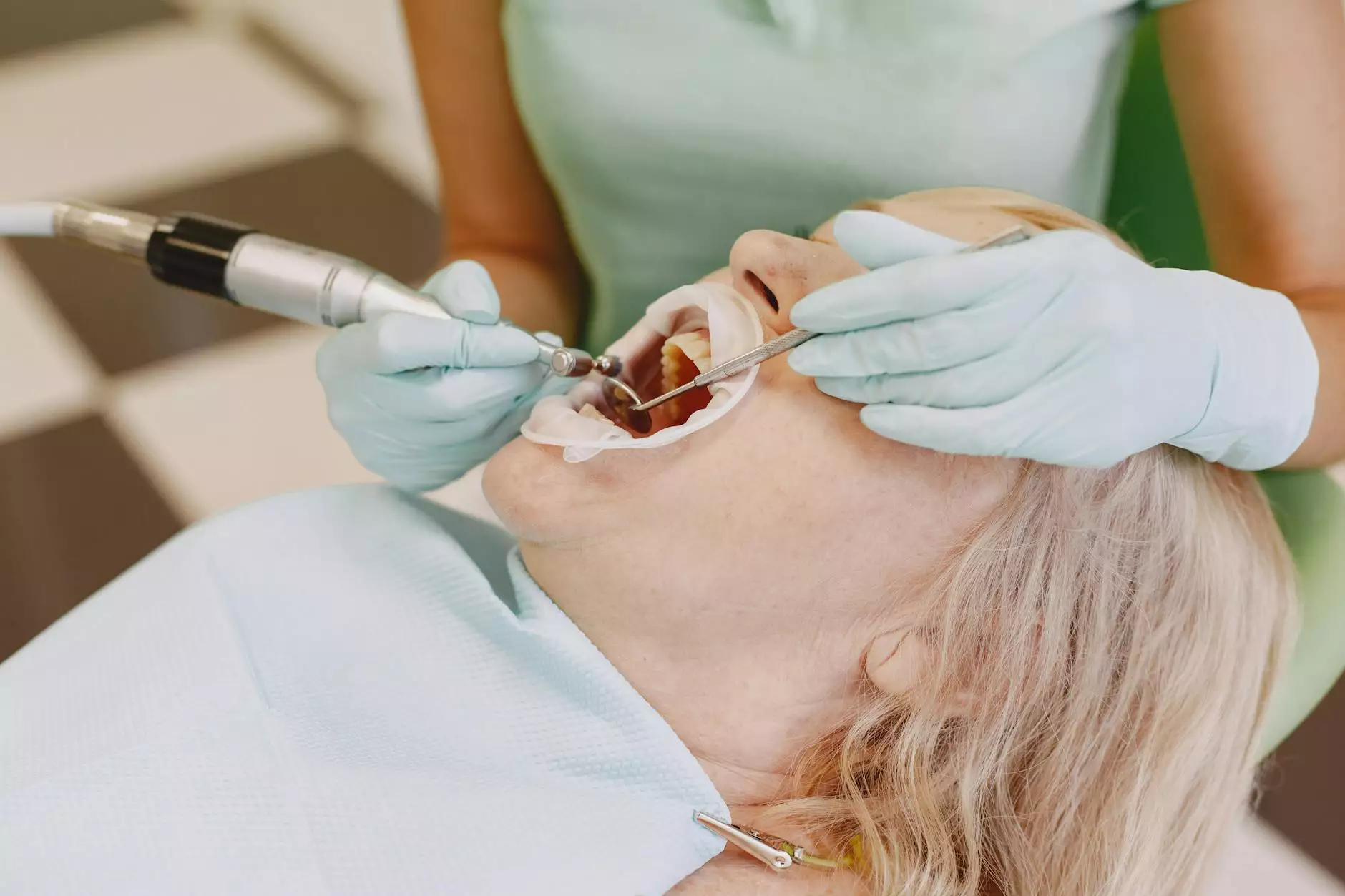Enhancing Fertility with Nutrition

Welcome to the comprehensive guide on enhancing fertility with nutrition provided by John of God Crystal Bed Chromotherapy. In this article, we will explore the impact of nutrition on fertility and provide valuable insights on how to increase your chances of conception through diet, lifestyle changes, and supplementation.
Understanding the Relationship Between Nutrition and Fertility
When it comes to fertility, nutritional choices play a crucial role in optimizing reproductive health. A well-balanced diet can improve hormonal balance, support egg and sperm quality, regulate menstrual cycles, and promote overall reproductive function.
Research has shown that certain nutrients and dietary patterns can positively influence fertility. By incorporating these foods and making lifestyle adjustments, you can potentially increase your chances of getting pregnant naturally or improve the success rates of assisted reproductive technologies such as in vitro fertilization (IVF).
The Impact of Diet on Fertility
1. Macro and Micronutrients:
Consuming a variety of macronutrients (proteins, carbohydrates, and fats) and micronutrients (vitamins and minerals) is essential for optimal fertility. Protein-rich foods like lean meats, fish, eggs, and plant-based proteins provide the building blocks for hormone production and support a healthy menstrual cycle.
2. Antioxidants:
Including antioxidant-rich foods like berries, leafy greens, and colorful vegetables in your diet can help protect eggs and sperm from oxidative stress, improve their quality, and increase the chances of successful fertilization.
3. Healthy Fats:
Don't shy away from healthy fats found in avocados, nuts, seeds, and olive oil. They are crucial for hormonal balance and can support the development of healthy cell membranes, including those of eggs and sperm.
4. Complex Carbohydrates:
Opt for complex carbohydrates like whole grains, legumes, and sweet potatoes instead of refined sugars and processed grains. These provide sustained energy, regulate insulin levels, and support overall reproductive health.
5. Vitamins and Minerals:
Ensure adequate intake of fertility-boosting vitamins and minerals, including folate, iron, zinc, vitamin D, vitamin C, and vitamin E. These nutrients are vital for reproductive health, hormone regulation, and fetal development.
Lifestyle Changes for Enhanced Fertility
Diet alone is not the sole determinant of fertility. Lifestyle choices also play a significant role in optimizing reproductive health. Consider the following lifestyle changes to enhance fertility:
1. Regular Exercise:
Aim for moderate exercise at least three to five times a week. Physical activity can help regulate hormonal balance, improve blood flow to reproductive organs, reduce stress, and support overall well-being.
2. Stress Reduction:
Chronic stress can interfere with fertility. Explore stress-management techniques such as yoga, meditation, deep breathing exercises, and engaging in activities you enjoy to promote relaxation and emotional well-being.
3. Adequate Sleep:
Prioritize sleep and ensure you are getting seven to nine hours of quality rest each night. Sufficient sleep is crucial for hormone regulation, optimal functioning of reproductive organs, and overall health.
4. Weight Management:
Maintaining a healthy weight is essential for fertility. Both overweight and underweight individuals may experience hormonal imbalances that can affect reproductive function. Consult with a healthcare professional to achieve a healthy weight range.
Supplementation for Enhanced Fertility
In addition to a well-rounded diet and lifestyle modifications, certain supplements can help optimize fertility. However, it is crucial to consult with a healthcare provider before introducing any new supplements. Some supplements that may aid fertility include:
1. Folic Acid:
Folic acid is essential for fetal development and may reduce the risk of certain birth defects. It is commonly recommended for women planning to conceive.
2. Coenzyme Q10:
Coenzyme Q10 is an antioxidant that supports energy production in cells, including those of eggs and sperm. It may enhance fertility, especially in individuals over 35 years old.
3. Omega-3 Fatty Acids:
Omega-3 fatty acids have anti-inflammatory properties and may contribute to hormonal balance and improved egg quality. Sources include fish oil supplements or consuming fatty fish like salmon and sardines.
Conclusion
Enhancing fertility with nutrition is a powerful approach to optimize reproductive health and increase the chances of conception. By incorporating a well-balanced diet, making lifestyle changes, and considering appropriate supplementation, you can take proactive steps towards improving fertility outcomes.
Remember, everyone's fertility journey is unique, and it is essential to consult with a healthcare provider or fertility specialist to tailor recommendations to your specific needs. Trust in the power of nutrition and make informed choices that support your fertility goals.










